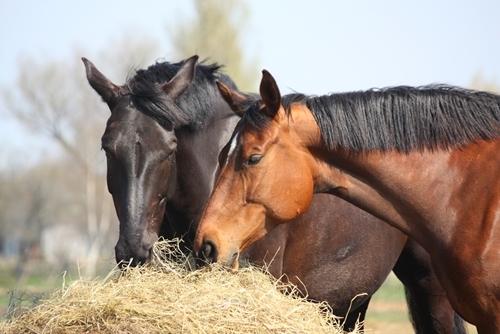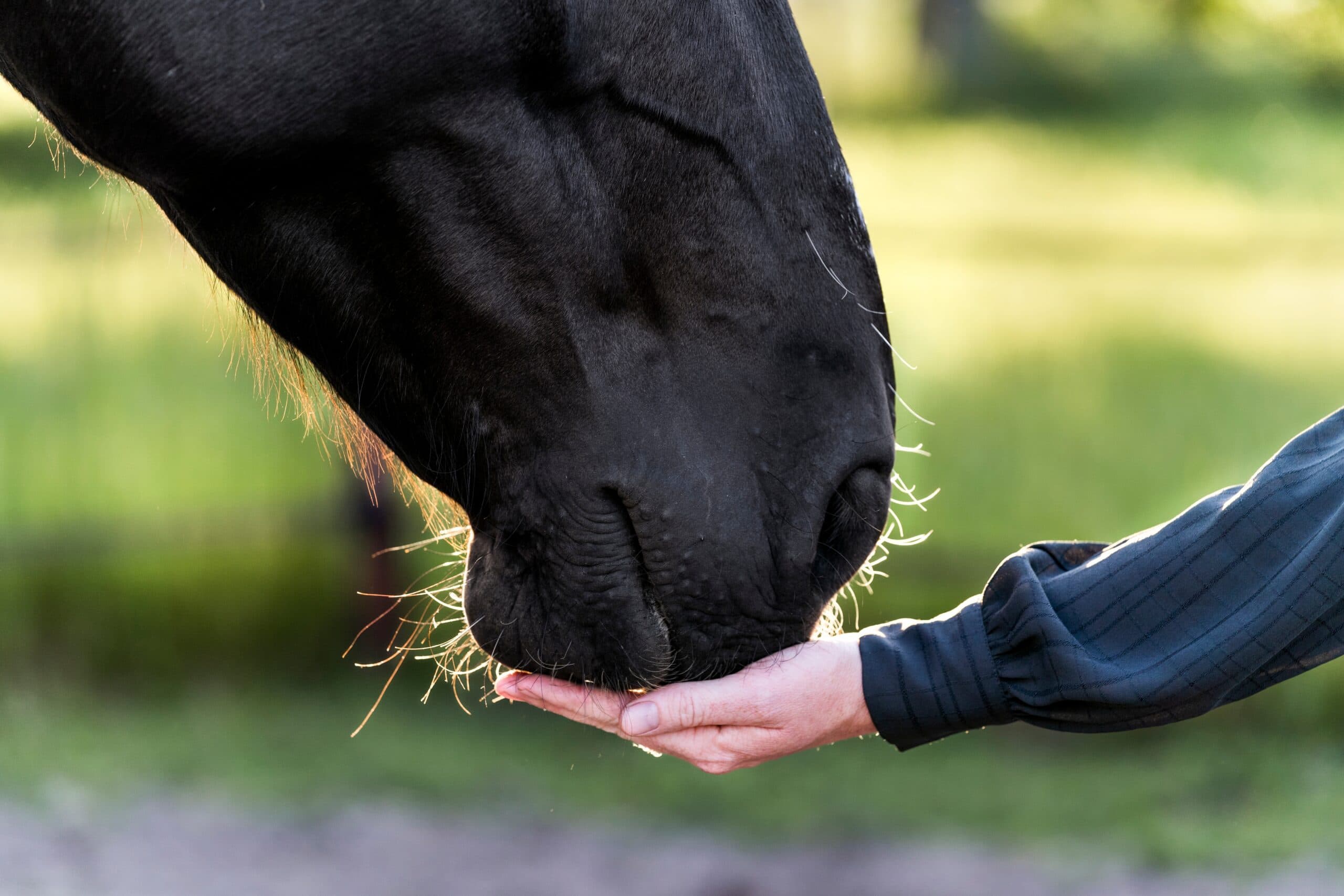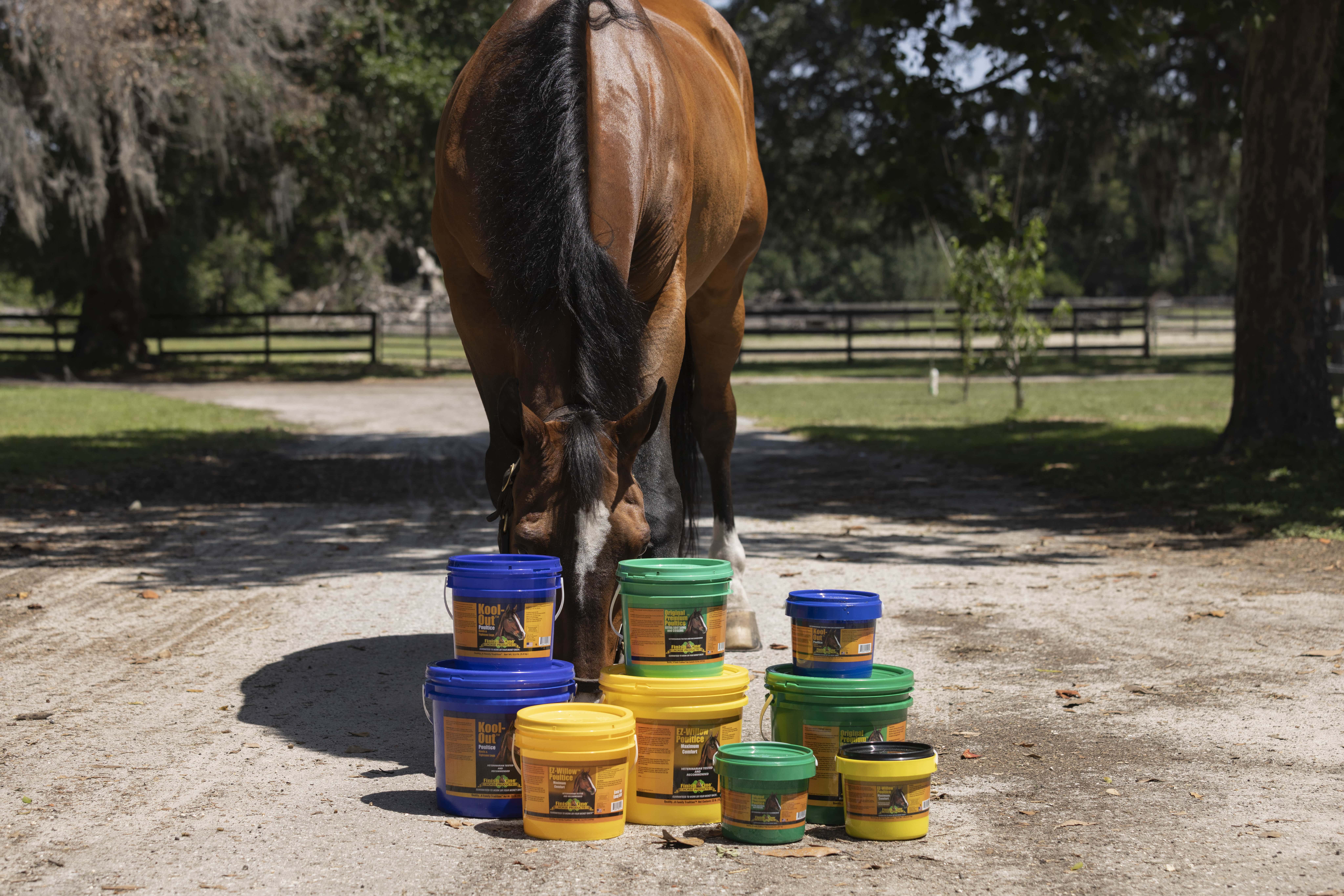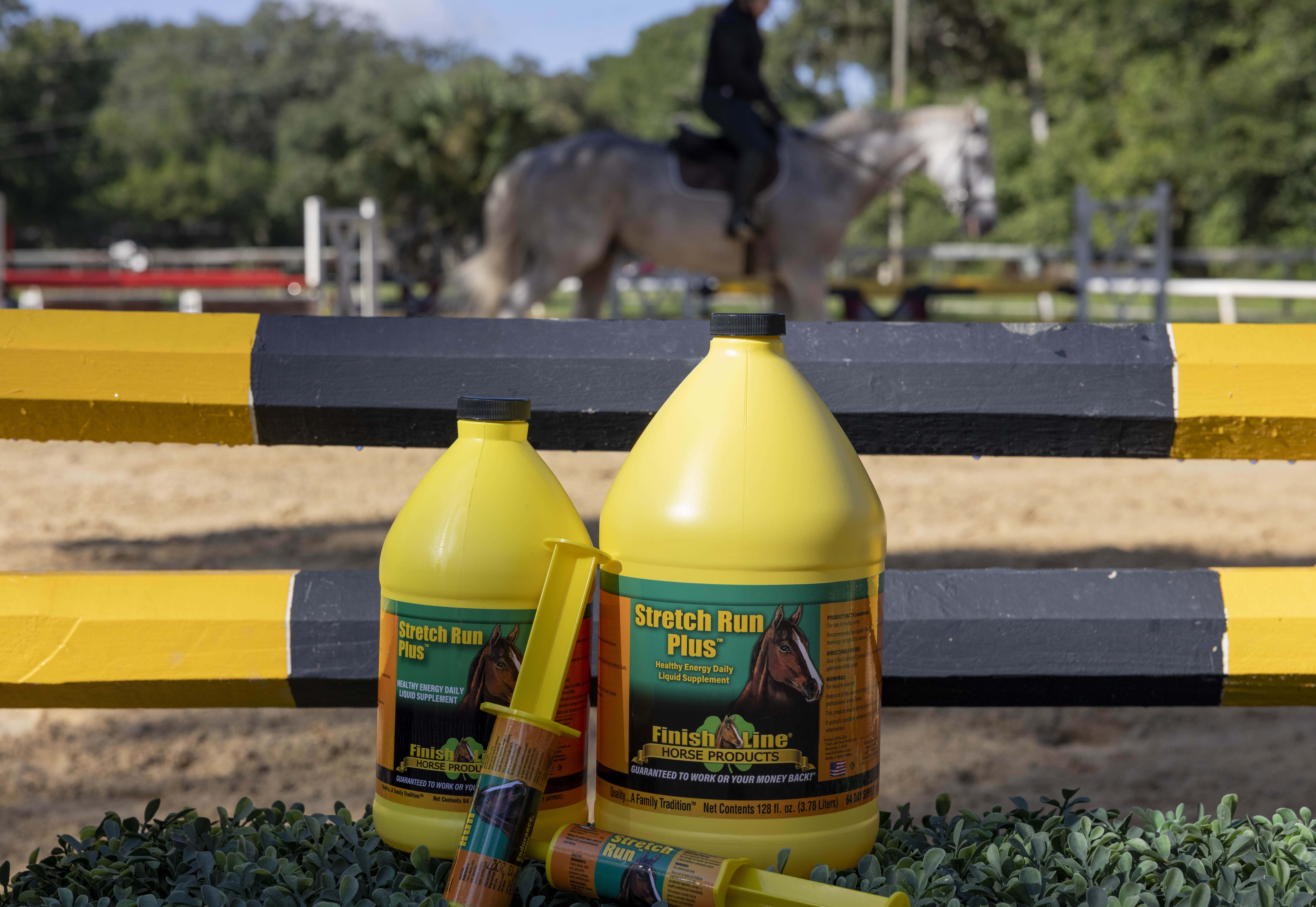Over the last several years, activists and wildlife officials have noticed that America’s population of wild horses and burros is reaching a critical point. In fact, according to the U.S. Bureau of Land Management, there are 58,150 animals roaming the western half of the country, representing an 18 percent increase from 2014. In order to help prevent overpopulation, the BLM recently announced a multimillion dollar initiative that will see the development of several new methods of birth control, the Rawlins Daily Times reported. At the same time, the BLM is also taking a decidedly more low-tech approach, using dart guns to remotely administer a birth control hormone called PZP, the Salt Lake Tribune reported.
Pulling the reins
For these inoculations, the BLM is currently operating within an area of Utah that’s been designated the Onaqui Mountain Herd Management Area, approximately 40 miles southwest of Salt Lake City. According to Horse Talk, the plan is to deliver annual vaccines through 2020, all in the aim of eventually reducing the adult population in the zone to between 121 and 210 horses. In order to ensure they’re only inoculating the correct horses each time, the BLM will build up a photographic database, which it says can accurately track each horse’s treatment.
Management with the BLM is trying to approach as many mares on foot as possible; however, if that’s not a viable option, those in the field will use baiting methods, including weed-free hay, minerals and salt. In the short term, the BLM is aiming to reduce herd growth rates to less than 7 percent overall. Beyond that, the hope is that the darting method will allow them to rely less on gathers and removals, a costly move that physically relocates multiple horses.
The work in Utah is the continuation of a pilot program that began back in April 2014, in which the BLM teamed with American Wild Horse Preservation Campaign. At that time, they were operating in Nevada’s Fish Springs area, inoculating 24 out of that zone’s 40-something wild horses.
From there, the BLM expanded the program into Nevada’s Pine Mountains. However, in addition to delivering birth control, the BLM also enacted roundups for several hundred horses, USA Today reported. In January 2015, several horse advocate groups filed a lawsuit, claiming the roundups would adversely effect the surrounding environment.
The issues at hand
The BLM’s program has effectively split those within the horse advocacy community. Deniz Bolbol, a spokeswoman for the AWHPC, told the Salt Lake Tribune that there are 60 or so groups who have pledged their support of the BLM’s ongoing work. To these groups, the darting method is one of the more humane ways to implement fertility control, as it doesn’t involve the use of invasive surgical procedures. The AWHPC is hoping the BLM can inoculate about 8,000 horses and get rid of roundups entirely.
On the other side of the issue, Anne Novak, who heads the California-based Protect Mustangs group, released a statement condemning the BLM’s methods.
“Drugging any wild filly under the age of two is barbaric,” she wrote. “Her reproductive system has not developed completely. Forced drugging of fillies and mares until they are 6 will ruin their chances of ever producing healthy offspring who can survive the environmental changes ahead.”
Speaking with the Salt Lake Tribune, Jay Kirkpatrick, a veterinarian who developed PZP in the 1970s, says its use over the last 30 years proves how safe the vaccine truly is.Continued research by The Humane Society also backs up those claims. Not only are side effects minimal, with some horses developing abscesses near the injection site, but it’s actually shown to increase the lifespan of wild horse herds.
The importance of preparation
If nothing else, this debate helps to illuminate the myriad health issues that surround horse reproduction. Namely, that if birth control proves ineffective one way or another, it’s still important to help develop and raise otherwise healthy horses.








